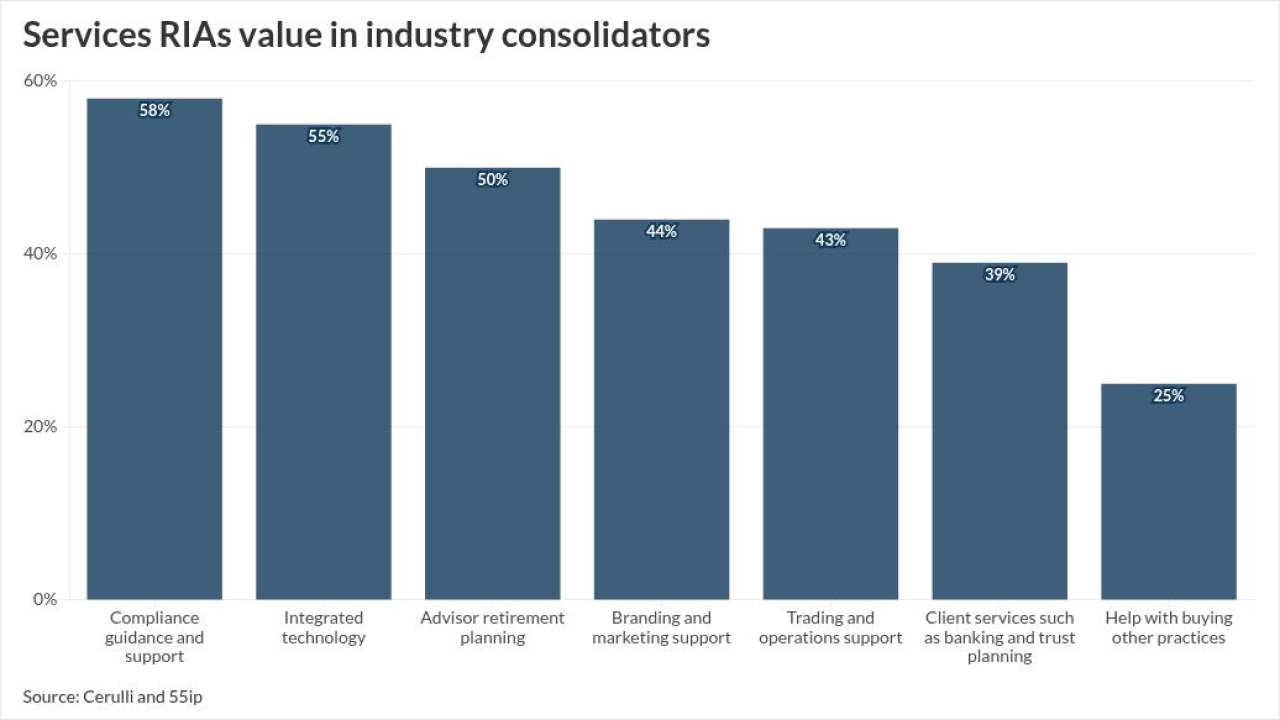Today's social, mobile and Web technologies are changing the way we live and work, including how we give and receive financial advice.
Recent studies show that more than 40% of high-net-worth individuals cite social media as important for accessing information on financial products or services. This creates opportunities for advisors to engage clients and prospects through social media.
However, while many advisors have embraced the use of social media for business purposes, questions remain about the best ways to utilize this form of communication while remaining compliant.
So how should an advisor navigate social media in an increasingly connected world? Below are five top tips on how to be both social and compliant:
1) Actively listen to what your clients and prospects are saying.
A recent Putnam study shows 66% of advisors reported that social media has helped them gain new clients (up from 49% from the previous year). A majority of these advisors are using social media networks such as Facebook, LinkedIn and Twitter to connect and engage with clients and prospects.
Having a social media presence is important, but it shouldn't stop there. Advisors should actively use social media to see what their clients and prospects are sharing online, and reach out with engaging content to help build trust and strengthen relationships.
On social networking sites, it's also important to share relevant and personal content about the advisor to help build strong, trusting connections, and ultimately drive business. Fortunately, there are ways to strike a balance between sharing personal and professional content without going overboard.
2) Plan for social media accordingly.
To reap the full benefits of social media, it's important to plan and account for compliance, legal and branding issues as a whole. Here are some key points to keep in mind as you integrate social media plans into your business strategy:
- Know your firm's social media policy, and seek out training and education opportunities around social media at the firm level.
- Understand your firm's overall risk-based principles.
- Leverage your company's existing technology solution for content retention and retrieval.
3) Avoid endorsements and recommendations about your skills, products or services.
Advisors should avoid retweeting any tweet from either a securities research analyst or a client who is providing a testimonial about the advisor's performance or a product or service of the firm.
Advisors should follow these best-practice guidelines:
- Disable the endorsement feature on your LinkedIn profile.
- Don't accept recommendations.
- Add a note to your profile stating that you do not accept endorsements or recommendations.
- Be aware that third-party content you push out or link to may be considered your own content.
4) Know the compliance rules for social media "likes."
Here's where things can get tricky. Whether a "like" or "favorite" is compliant under SEC guidance depends on context. A "like" from a third party may simply indicate that a visitor enjoyed an article that was shared on your social account, whereas a "like" that an advisor solicits as an indication of a client's experience with the firm may be construed as a testimonial and the latter does not comply with the rules.
5) Be cautious when linking to third-party sites.
According to the SEC guidance, advisors should not link to reviews or commentary on third-party social media sites (such as Yelp) unless they can show all three of the following:
- The advisor has no ability to affect which public commentary is included or how the commentary is presented on the independent social media site.
- The commentators ability to comment is not restricted.
- All comments, both good and bad, can be viewed publicly.
BOTTOM LINE
It's important to remember that use of social media platforms for connecting and engaging with clients is meant to simplify your job and help make your business goals more impactful. Given the rapid changes from within and outside of the industry, it is equally important to remain effective and compliant while using social media.
Yasmin Zarabi is the vice president of legal and compliance at
Read more:





